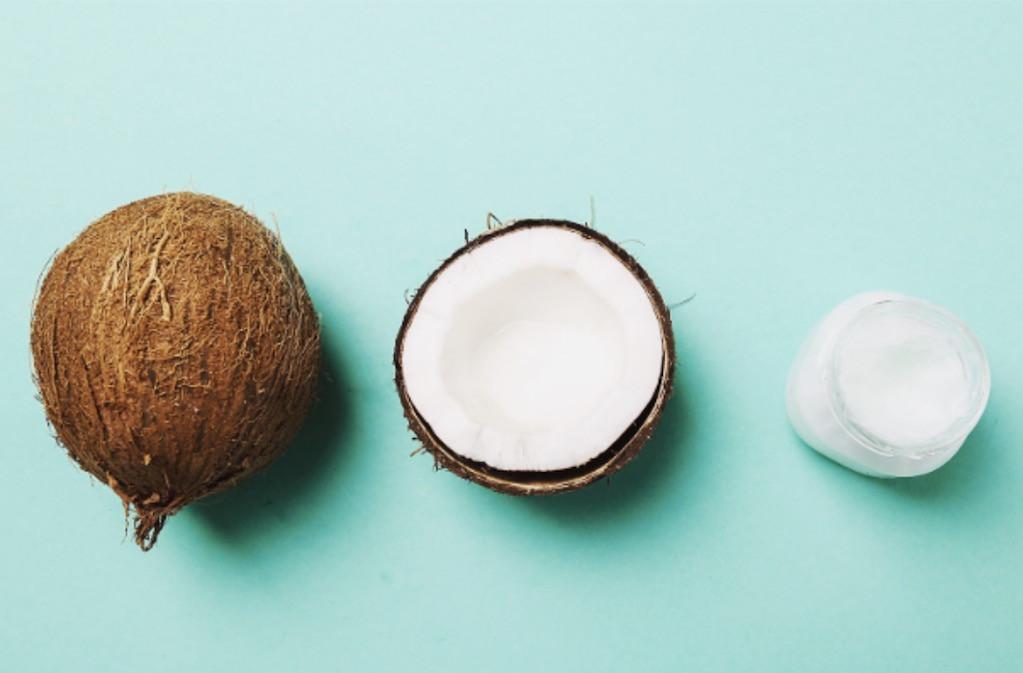Your Bag is Empty
APRÈS new look....
APRÈS new look....

As some of you may have seen over the weekend, the American Heart Association released a report warning against the consumption of coconut oil. The report was picked up by a number of large media outlets (e.g., USA Today) this morning.
Here is a simplified take on their argument: high cholesterol is bad because it leads to heart disease; coconut oil is high in saturated fat which can increase total levels of cholesterol. Therefore, coconut oil is bad.
We are in line with the many doctors and scientists that disagree with the report's analysis and recommendation. Here's why.
The AHA Has A Spotty Record
The American Heart Association lacks the credibility needed for consumers to look to them as a trustworthy source. Their recommendations are systematically tainted by the influence held by their Big Food donors, a drive to sell more "Heart Check" stamps to food manufacturers, and an unwillingness to evolve with modern food and nutrition science.
For a deeper look behind the curtain, we suggest you check out this article (titled "The Heart Association's Junk Science Diet") by cardiologist Dr. Barbara Roberts from May 2014.
The Problem With The Report Itself
The report was based off of a compilation of 4 studies that the AHA deemed sufficiently reliable to assess replacing saturated fats with polyunsaturated fats (specifically, vegetable oils). All 4 studies that the AHA deemed acceptable date back to 1960 and completely disregard some of the largest cardiovascular health studies every conducted: the Minnesota Coronary Survey, the Sydney Heart Study, and, most notably, the Women’s Health Initiative. The WHI was the largest and most expensive trial ever done. All 3 of these studies were omitted from the analysis along with many others.
The report also made sweepingly broad statements with little to no contextual nuance, especially with regard to good or bad cholesterol. While there have been a number of thoughtful, balanced responses, here's an excerpt from one of our favorites at MindBodyGreen:
"The AHA's recommendation is based on an out of date and oversimplified understanding of the role of cholesterol in heart disease. While very high levels of LDL (a type of cholesterol) are problematic, LDL total number is much less important than LDL composition—the shapes and sizes of the particles themselves. It is the small, dense particles that are inflammatory and associated with heart disease . . . High saturated-fat consumption in a diet that is otherwise void of adequate fiber and leafy greens, and too high in sugar and refined carbohydrates, increases small, dense LDL. High fat consumption from clean sources such as monounsaturated fats (olive oil) and even saturated fat (organic coconut oil) in a diet mainly free from sugar and flours and high in vegetables and fibers can actually improve cholesterol composition"states Dr. Robin Berzin CEO of Parsley Health.
More simply stated, Dr. Will Cole explains, "The studies the AHA cite do not link eating more coconut oil to heart disease, they link it to increasing cholesterol numbers. The reality is, total cholesterol is a poor predictor for assessing heart attack and stroke risk. Studies have found that there might be no association between high total cholesterol and heart attack and stroke risk."
The Danger of the Report's Recommendation
The AHA's recommendation was for Americans to decrease their daily intake of saturated fats, and instead, consume more vegetable-based oils from corn, canola, and soybean. Unfortunately, these oils have their own perils, which are seemingly ignored by the report's author. For example, over 90% of these oils are genetically modified. Not only that, these oils are extremely sensitive to heat and can become carcinogenic and inflammatory at relatively low temperatures, making them poor substitutes for cooking. Vegetable oils tend to also be very high in Omega-6s, which need to be consumed in balance with Omega-3s in order to avoid inflammation linked to cardiovascular disease.
The Bottom Line
Unfortunately, the AHA's report only serves to further confuse consumers that are doing their best to educate themselves on how to lead healthier lives. At best, the analysis is misguided. At worst, it's a deceitful ploy used by the AHA to appease their donor base and increase "Heart Check" sales.
We stand with the doctors and scientists that believe that coconut oil can and should be considered a healthy, complementary ingredient within a well-structured, balanced diet. So, don't be surprised when you find us continuing to sauté our veggies in it, adding it into our smoothies and sipping on it in our Après. We still think it's liquid gold.
For more information on the AHA study we recommend that you check out these articles: